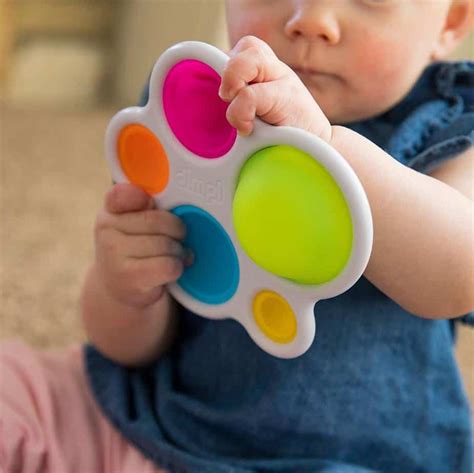The Rise of Sensory Toys
In recent years, there has been a growing trend in the use of sensory toys for children with autism and other developmental disabilities. These toys can provide a variety of benefits, including:

- Reducing anxiety and stress
- Improving attention and focus
- Promoting relaxation and sleep
- Enhancing motor skills
- Developing social skills
Types of Sensory Toys
There are many different types of sensory toys available, each with its own unique benefits. Some of the most popular types of sensory toys include:
- Weighted blankets: Weighted blankets can provide a sense of security and comfort, and can help to reduce anxiety and stress.
- Fidget toys: Fidget toys are small, handheld toys that can be squeezed, twisted, or pulled. They can help to improve attention and focus, and can also be used to relieve stress.
- Sensory balls: Sensory balls are filled with different materials, such as sand, water, or beans. They can be used to provide a variety of sensory experiences, such as tactile stimulation, proprioceptive input, and vestibular stimulation.
- Chew toys: Chew toys can be used to provide oral stimulation, which can help to reduce anxiety and stress. They can also be used to help children with sensory processing disorders to develop their oral motor skills.
The Benefits of Sensory Toys
Sensory toys can provide a number of benefits for children with autism and other developmental disabilities. These benefits include:
- Reduced anxiety and stress: Sensory toys can help to reduce anxiety and stress by providing a sense of security and comfort. They can also be used to help children to self-regulate their emotions.
- Improved attention and focus: Sensory toys can help to improve attention and focus by providing a variety of stimulating activities. They can also be used to help children to stay on task and to complete tasks more efficiently.
- Promoted relaxation and sleep: Sensory toys can help to promote relaxation and sleep by providing a calming and soothing environment. They can also be used to help children to fall asleep more easily and to sleep more soundly.
- Enhanced motor skills: Sensory toys can help to enhance motor skills by providing opportunities for children to practice fine and gross motor movements. They can also be used to help children to develop their balance and coordination.
- Developed social skills: Sensory toys can help to develop social skills by providing opportunities for children to interact with others. They can also be used to help children to learn how to share, take turns, and cooperate with others.
Choosing the Right Sensory Toy
When choosing a sensory toy for a child with autism or another developmental disability, it is important to consider the child’s individual needs. Some factors to consider include:
- The child’s age and developmental level
- The child’s specific sensory needs
- The child’s interests
- The child’s environment
It is also important to choose a sensory toy that is safe for the child to use. The toy should be made from durable materials and should not contain any small parts that could be choking hazards.
Conclusion
Sensory toys can provide a number of benefits for children with autism and other developmental disabilities. These toys can help to reduce anxiety and stress, improve attention and focus, promote relaxation and sleep, enhance motor skills, and develop social skills. When choosing a sensory toy for a child, it is important to consider the child’s individual needs.





















